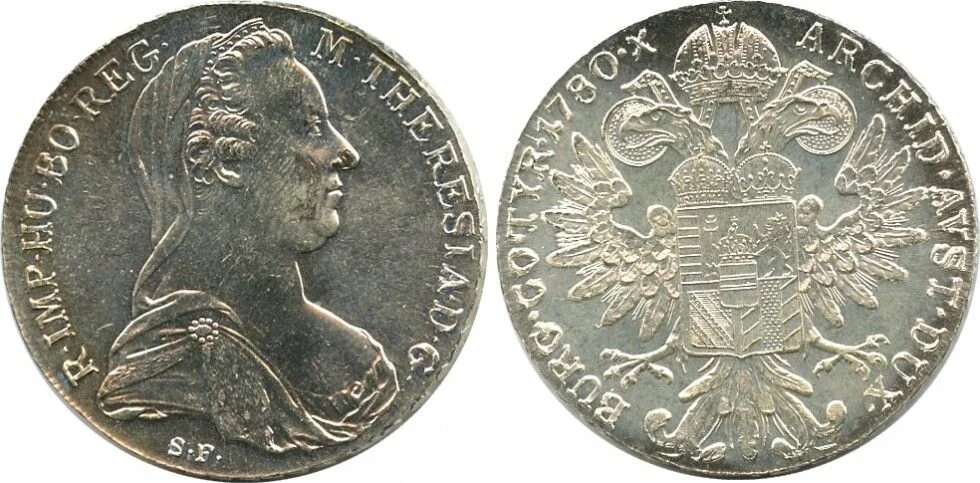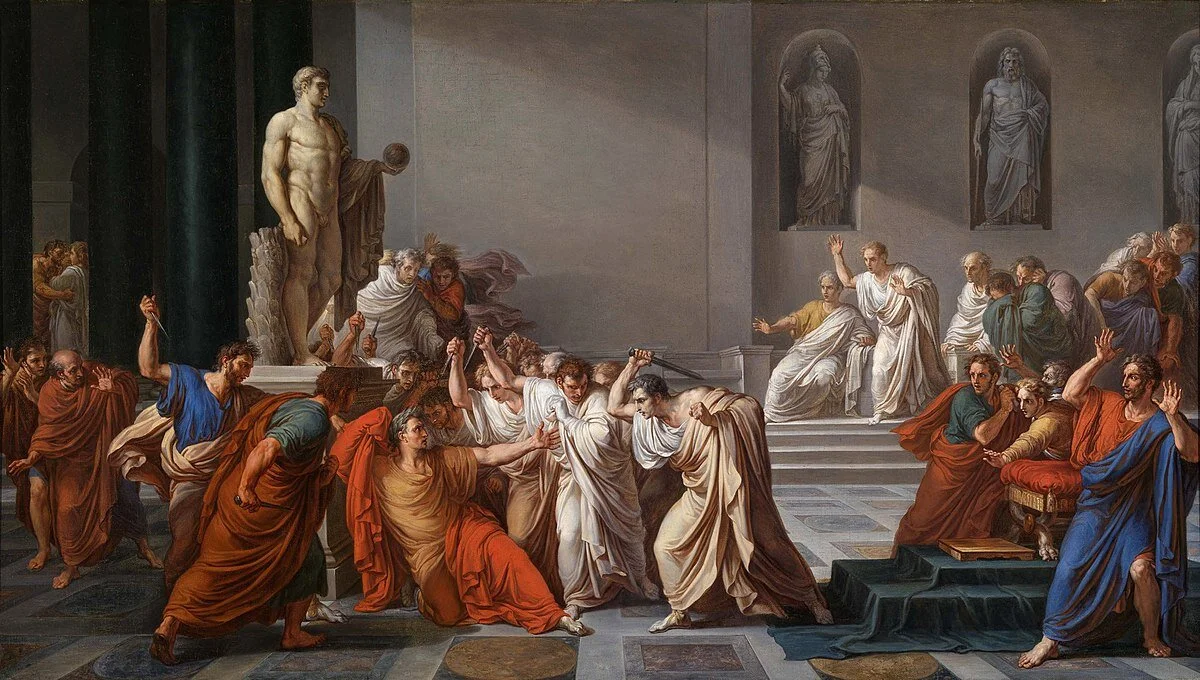Salt, Cotton, and the Maria Theresa Thaler
The commodity theory of money illustrates that money is the most commonly traded commodity. [1] Two example of this are salt and silver in Ethiopia and cotton in the USA/CSA during the 19th century.
In the 1875-1876 Egyptian invasion of Ethiopia, former Confederate Major General William Loring, employed as an Egyptian General, noted in his book, A Confederate Soldier in Egypt (1884),[2]
“Looking at them in the distance, one would take them for a war-party of Comanches on a trail to steal cattle from the settlements. The chief seemed pleased with my acquaintance, for he gave me a handsomely caparisoned mule, expecting no doubt a much larger present in return, as is their custom. I was puzzled to make a suitable return, as they do not value money, salt being their medium of exchange, and now and then the Maria Theresa silver dollar. Doing the best I could to make him a return, I made the mule and its trappings a present to my friend Abbé Duflot.”
Southerners, like Loring, moved to Egypt following the destruction of the South because they were wanted for their military and cotton growing experience.
During the US Civil War (1861-1865), the USA were blockading Southern ports. At the time, the South grew the most cotton in the world. Since Great Britain was the most powerful country in the world and needed cotton for their textile mills, the Confederate government figured that Great Britain would intervene to protect King Cotton and ensure their independence, much as France did during their American Revolution.[3]
Southerners, the French (Francs), and British (sterling silver) were encouraged to buy Confederate bonds with their gold and silver. The resumption of the cotton trade would pay off the debt.
Instead, British India, British Australia, and Egypt (a British protectorate from 1882 to 1914), began producing the cotton that Britain needed, eliminating the need for intervention.[4] The South was burned to the ground.
After losing the war, the Confederate bonds were defaulted. Southerners and foreign speculators were left holding worthless receipts for cotton, silver, or gold.
Indeed, Section 4 of the 14th Amendment to the US Constitution (1868) reads,
“The validity of the public debt of the United States, authorized by law, including debts incurred for payment of pensions and bounties for services in suppressing insurrection or rebellion, shall not be questioned. But neither the United States nor any state shall assume or pay any debt or obligation incurred in aid of insurrection or rebellion against the United States, or any claim for the loss or emancipation of any slave; but all such debts, obligations and claims shall be held illegal and void.”
The most commonly traded commodity is money. Salt and silver were money in Ethiopia. Cotton was money in the CSA. Gold and silver are money by default. History repeats.
[1]https://www.hamiltonmobley.com/blog/the-commodity-theory-of-money
[2]https://scholarship.rice.edu/jsp/xml/1911/13075/1157/LorConf.tei-timea.html#index-div2-N1BB92 Page 387





